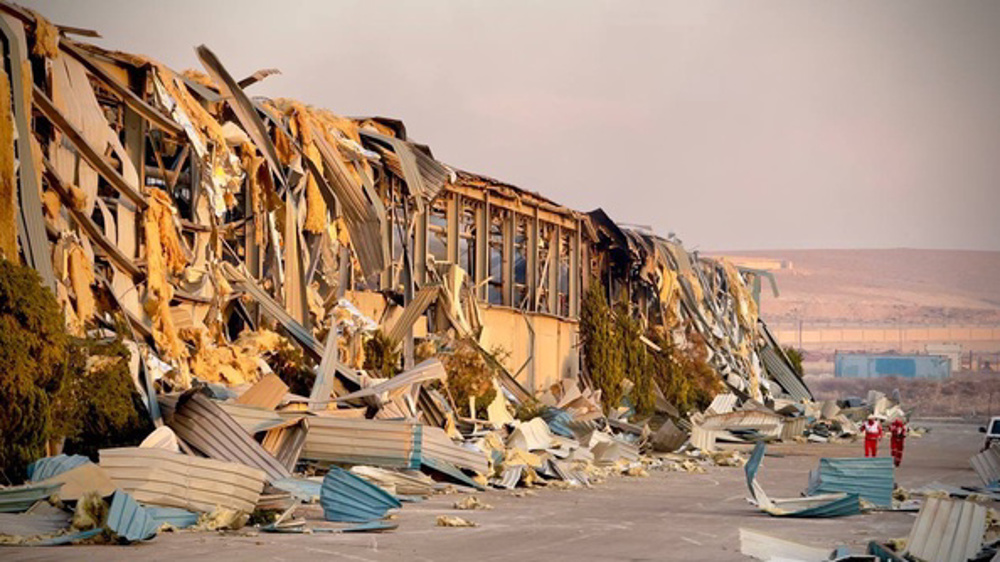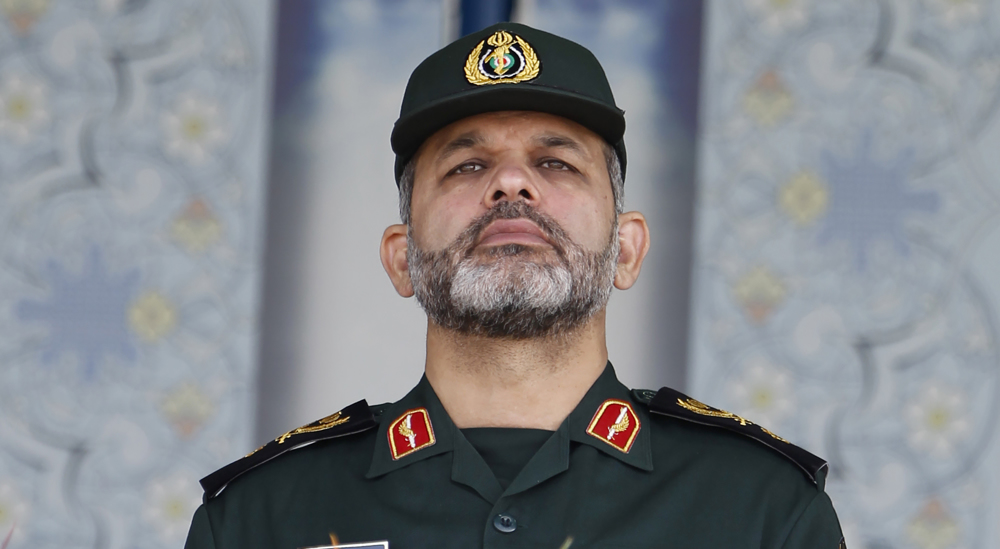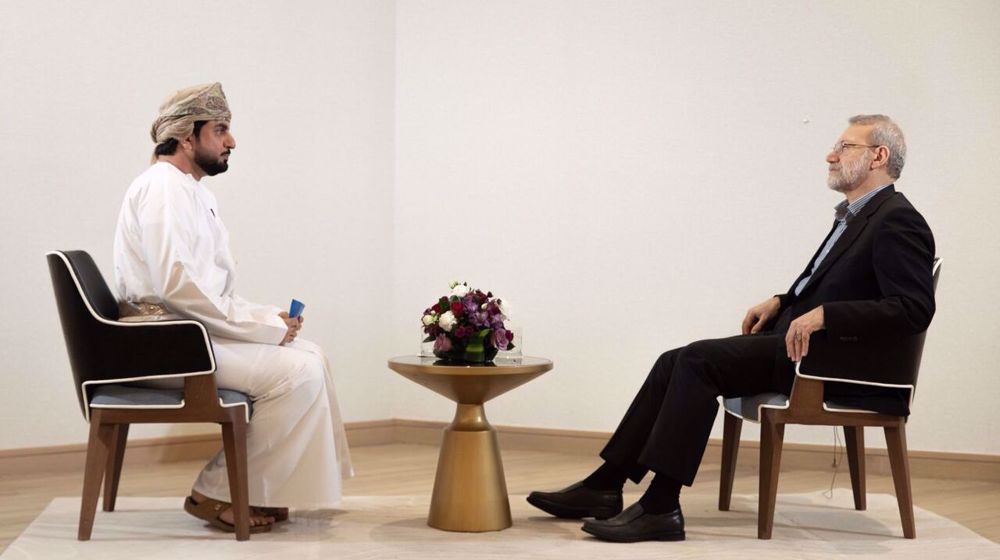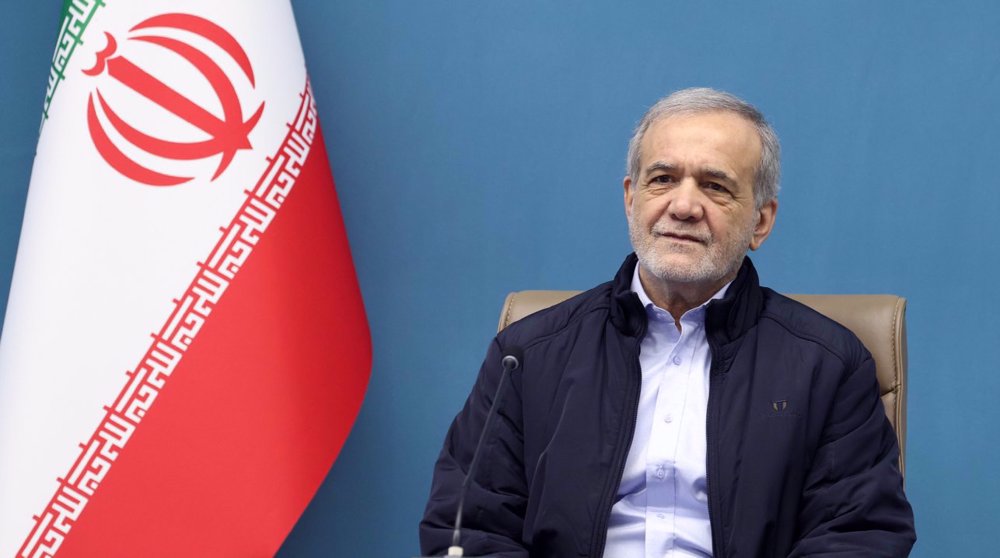Iran to build another hospital in Lebanon after Israeli bombing
The head of the Iranian Red Crescent Society (IRCS) has announced plans to establish a new hospital to serve the Lebanese affected by the ongoing Israeli war.
Speaking on Saturday, Pirhossein Kolivand pointed to the Iranian field hospital, which came under Israeli attack on Thursday, saying the fully equipped facility fortunately had no patients at the time of the strike.
“Fortunately, no patients had been admitted when the attack occurred,” he added.
This is Iran's 56-bed field hospital on the Syria-Lebanon border after it was brutally targeted in an Israeli airstrike.
— Press TV 🔻 (@PressTV) October 11, 2024
The attack destroyed ambulances and all medical equipment inside the facility. pic.twitter.com/m5YiP6bwCj
Kolivand reaffirmed the IRCS’s unwavering commitment to providing humanitarian aid to Lebanon, saying, “We will establish another hospital to support the victims of the war in Lebanon and continue our services to the war-stricken people.”
Addressing the damage inflicted by the Israeli strike, Kolivand noted the destruction of vital supplies.
“A large quantity of medical, food, and biological supplies, intended for the injured and displaced, was completely destroyed. Even the Red Crescent ambulances stationed at the hospital were set ablaze.”
He condemned the attack, describing it as a “crime against humanity,” emphasizing that “even medical facilities are protected under international law during war.”
Despite the losses, Kolivand assured that humanitarian efforts would not cease.
“Preparations are underway to resume our work. We have taken over a new hospital building, 40 kilometers from the previous site, and are in the process of equipping it.”
Kolivand also highlighted the critical needs of the Lebanese people, emphasizing the importance of both cash and non-cash donations.
“In addition to financial aid, the war-affected Lebanese require essential non-cash items such as canned food and everyday necessities like cooking utensils.”
He further pointed out the overwhelming response from aid workers. “More than 8,000 specialists have already volunteered to be sent to Lebanon... Cash and non-cash public donations will also be delivered swiftly through secure air, land, and sea routes.”
Pezeshkian: Iranians have taken to streets to defend country
Netanyahu pushing to turn US into ‘slave state for Israel’s expansionist dreams’: Analyst
Iran’s security chief meets with Yemen's Ansarullah official in Oman
Mass shootings at school, home in Canada leave 10 dead, including shooter
Millions in streets across Iran for Islamic Revolution anniversary marches
#IR47: How Iran’s martyred commanders found faith, purpose and mission in Islamic Revolution
#IR47: Long walk to freedom - Imam Khomeini and the Iranian nation’s epoch-making moment
VIDEO | Tehran conference examines Islamic Revolution’s enduring role in shaping global resistance










 This makes it easy to access the Press TV website
This makes it easy to access the Press TV website